RESILIENCE THROUGH ALLIANCES: BUILDING CLIMATE ADAPTATION
By Diana Maria Quimbay Valencia, Country Director, Rainforest Alliance, LinkedIn
The climate crisis sits at the very top of the global policy agenda today. From decarbonization to the reduction of plastic pollution and the protection of natural resources, the urgency of the task rings loud and clear. The time to act is now.

Resilience through alliances: building climate adaptation
In spite of this, global climate action suffers from an imbalance between adaptation and mitigation. Climate mitigation seeks to reduce the harmful impact of climate change by cutting emissions and transitioning to a more sustainable world. Climate adaptation, on the other hand, means empowering people and communities to build resilience to the impacts of climate change today. In essence, it refers to measures like building flood walls, diversifying crops and implementing early warning systems against acute climate shocks.
Currently, climate mitigation is receiving the majority of funding and is the central focus of policy discussions. However, as the impacts of climate change intensify, we must also enhance adaptation measures and increase the resilience of producers, communities, and landscapes. Through robust frameworks and a fair and just climate finance strategy, we can cope with climate change more effectively and put the world on a more sustainable trajectory.
Better tools for vulnerable farmers
Farmers in Central and South America (and across the world) are already dealing with the effects of climate change: shorter growing seasons, unpredictable rainfall, a surge in plant diseases and pests, and reduced crop yields. Without bold climate action, crops like coffee and bananas could become rare delicacies in the future. The livelihoods and wellbeing of farming communities are also very much in jeopardy. To build resilience, it is crucial to focus on the most vulnerable populations. Small-holder farmers, especially women, ethnic minorities, and those with limited access to resources, face disproportionate impacts from climate change and often have limited means to cope with its effects.
The Rainforest Alliance was founded over 37 years ago with the goal of combating deforestation, strengthening biodiversity, and promoting good agricultural practices. Among our global objectives, we listen to farmers and forest communities’ needs and support them with resilient natural solutions to adapt to climate change. This involves identifying and understanding climate risks and vulnerability levels, and developing and implementing adaptation strategies tailored to the specific needs of the most vulnerable groups, ensuring they are not left behind.
Empowering farmers with knowledge, tools, and resources to adapt to changing environmental conditions can help them become more resilient. To this end, we implement strategies for regenerative and climate-smart agriculture, agroforestry, community-based forest management and forest restoration, where farmers can learn sustainable techniques that enhance productivity and reduce environmental impacts, such as transitioning to organic fertilisers, from toxic to approved pesticides and chemical inputs, adopting regenerative and soil conservation practices, and using renewable energy sources, among others.
On the other hand, we understand that the journey toward sustainability is complex and demanding, which is why we advocate for shared responsibility in agriculture supply chains. We encourage consumers to recognize the producers’ commitment to sustainability when purchasing certified Rainforest Alliance products. Embracing shared responsibility is essential for fostering a sense of collective engagement where we are all in and for realizing that sustainable practices and collaborative efforts are the only way to safeguard our environment.
A joint commitment
We strongly believe in the power of alliances. When tackling complex problems, collaboration can make all the difference. By forging a powerful alliance between companies, local communities, regional and international organizations, governments, donors and other stakeholders, we amplify the efforts of those who live and work in the world’s most critical rural communities. Our Integrated Landscape Management (ILM) is a great illustration of how joint action from all landscape actors – farmers, forestry companies, rural communities, local leaders, businesses, and governments – addresses challenges that would be difficult to tackle individually.
Therefore, having an integrated data system for all our programmes – from certification to landscape interventions – allows us to create more opportunities for greater impact and transparency. Having robust and accurate data enables us to provide high-quality services in the implementation of resilient and sustainable agricultural practices.
ISO, like Rainforest Alliance, seeks to provide solutions to global challenges such as climate change adaptation through alliances and the power of bringing together various stakeholders. Among the many ISO standards related to climate change, GHG reduction, vulnerability and adaptation, the primary interest is to have an appropriate international framework for implementing clear adaptation strategies.
The assurance system in the Rainforest Alliance’s certification programme was built on ISO standards. ISO/IEC 17065 is our benchmark for Certificate Bodies accreditation and ISO 19011 guidelines help us define some of the competencies we require of auditors conducting Rainforest Alliance audits. Because ISO 19011 includes the environmental management systems (ISO 14001), we are also able to say that our Certificate Holders are taking measures to strengthen their climate resilience, including adaptation measures.
These ISO standards have become a reference point for public entities, the private sector, organizations and communities alike. Adopting the same language, objectives and definitions and incorporating them into their own strategies and processes will foster trust, transparency and accountability. Ultimately, partnerships built on trust will enable us to make deep-rooted change on some of the most pressing social and environmental issues of our time.
Climate change adaptation is not just an urgent environmental issue but a fundamental component of sustainable development. By investing and acting now on climate change adaptation, we can foster resilient agricultural systems, support small farmers, and promote long-term economic stability.
Source: iso.org
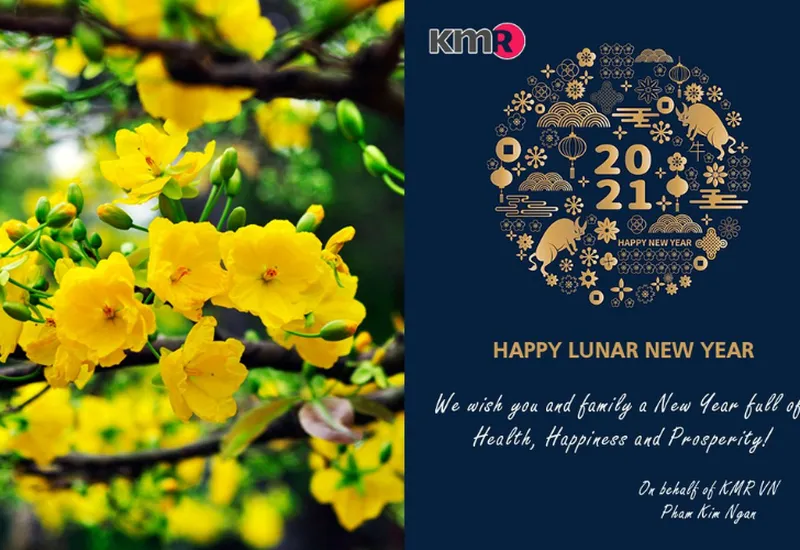


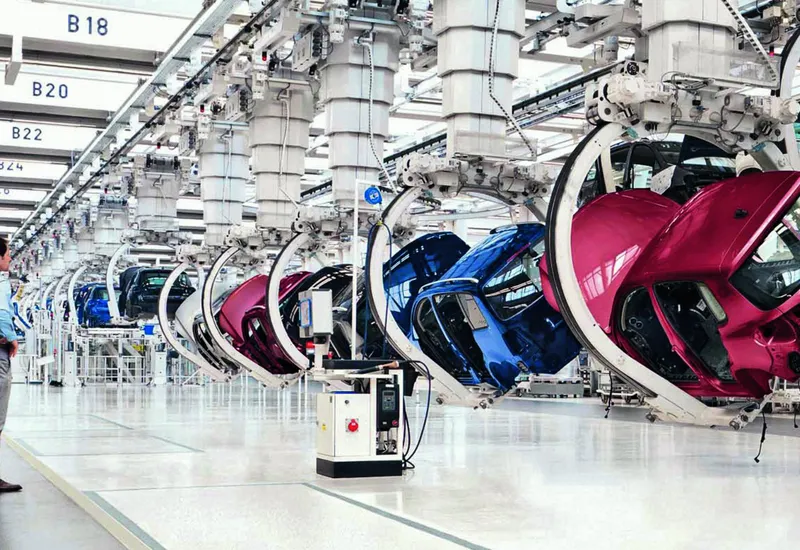
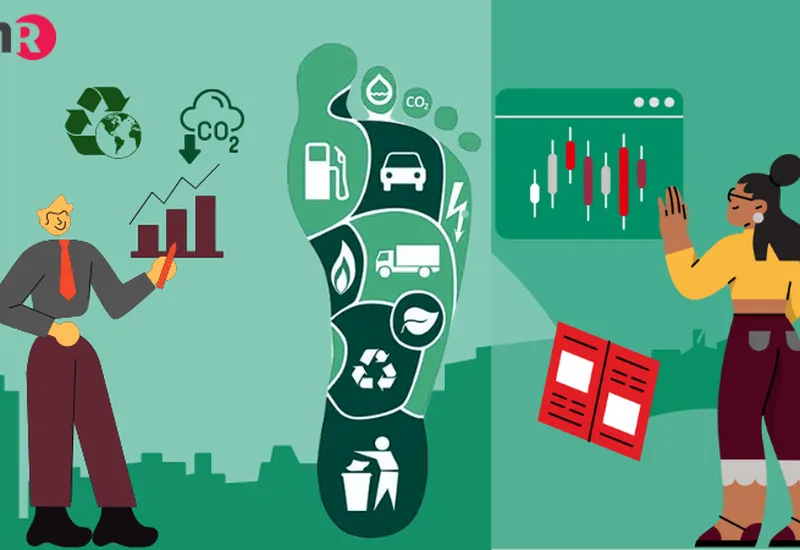
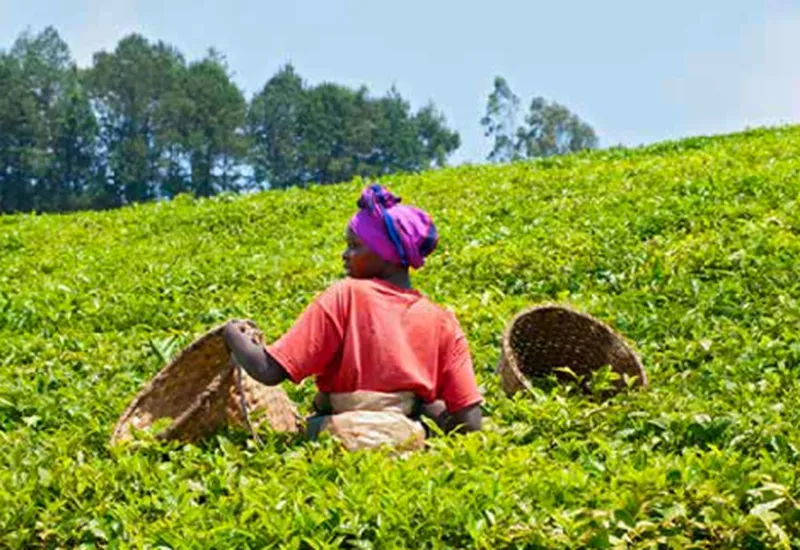

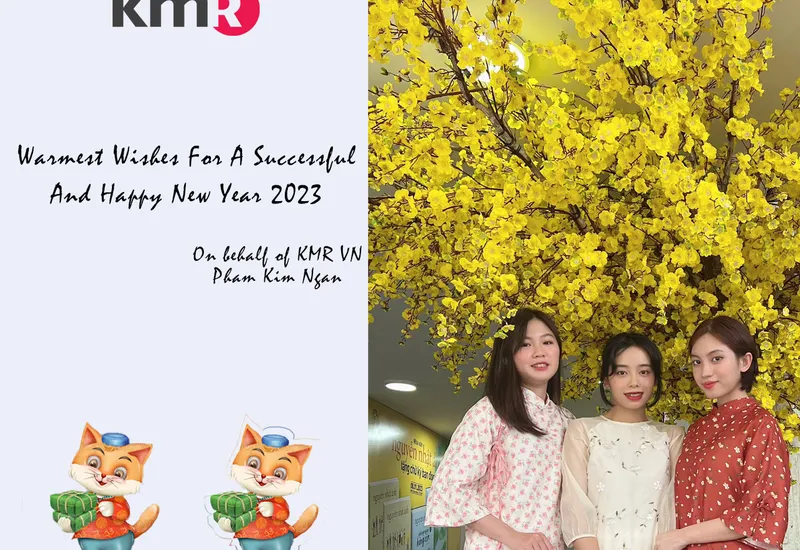



main.comment_read_more